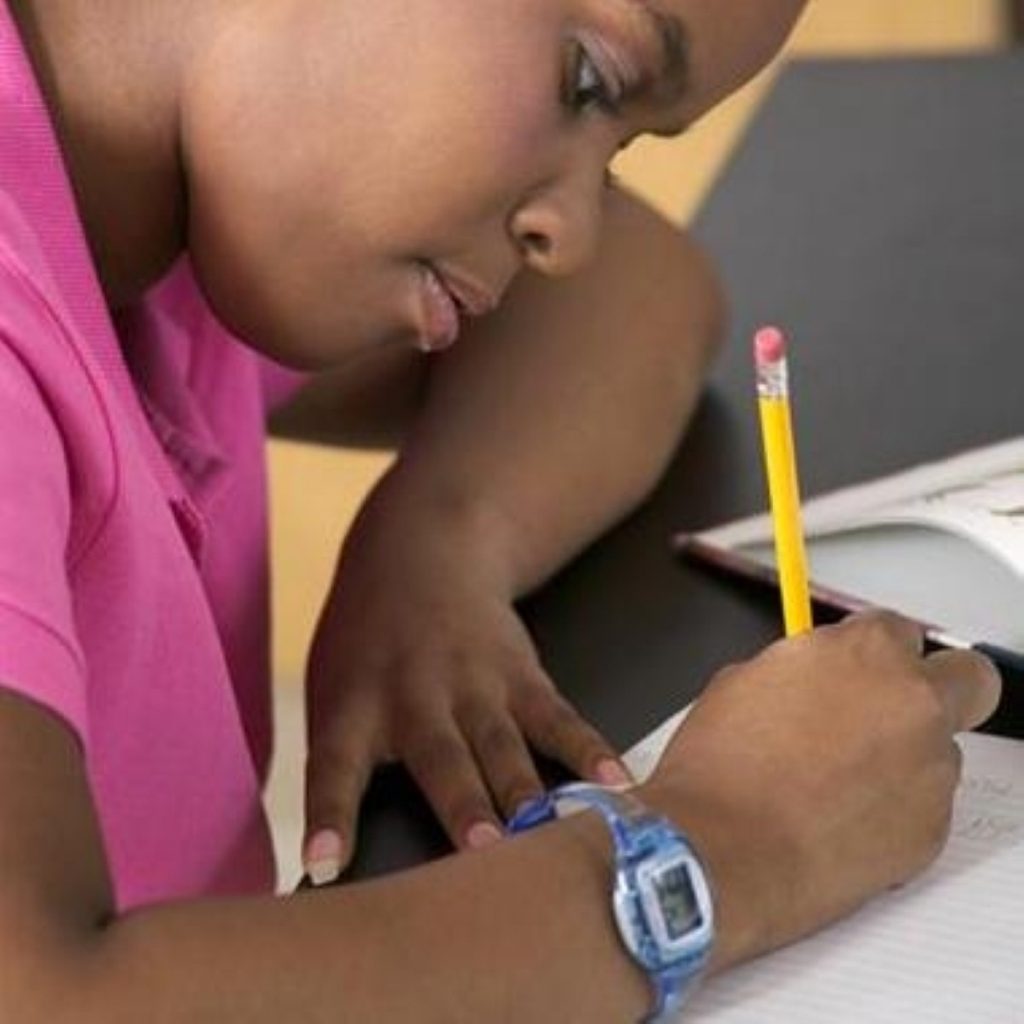Think tank urges return of school selection
One in four parents would choose a selective school for their child and half believe they provide the best opportunities for poorer students, a new survey reveals.
The ICM poll for the Centre for Policy Studies (CPS) finds that 76 per cent of people back some kind of selection in schools, whether as an entry for requirement or in class streaming within mixed ability schools.
The results of last summer’s survey are included in a new pamphlet by the chairman of the right-wing think tank, Lord Blackwell, who argues that the current comprehensive system is “both academically suboptimal and socially divisive”.
He calls for all state schools to be allowed to select pupils on the basis of ability, but does not advocate the return of the enforced nationwide 11 plus exam. Instead, he says parents should be able to choose whether to send their children to a selective school.


However, Cyril Taylor, head of the Specialist Schools and Academies Trust, condemned the proposals, saying: “What we need is good schools for everybody.”
He argued that existing government measures to help the most talented pupils – which have recently been expanded to include 800,000 children – would ensure the brightest reached their potential.
Grammar schools, and the 11-plus exam at the end of primary school that decided which pupils went to them, were phased out from 1965. But about 160 remain in England and Wales, and neither the Conservatives nor Labour has plans to increase or reduce this.
Yet in today’s pamphlet, Lord Blackwell argues that grammars perform better than comprehensives, noting that out of the top 500 schools in the Sunday Times list of 2006, just 151 are state schools and of these, 127 are selective.
In 2005, 86 of the top 100 improving schools at 11 to 14-year-old level were grammars. He also compares English performance with that in Northern Ireland, where the 11-plus remains, noting that GCSE and A-level grades are generally better in the latter province.
In addition, the peer – who was head of the Downing Street policy unit under the John Major – argues that grammar schools are more socially inclusive than others.
Although critics argue selection favours richer pupils, Lord Blackwell said catchment areas have become the new selection, as house price rises around the best state schools force out all but the richest families.
“The evidence is very clear that able children do best when they’re taught in groups with children of similar ability who can provide challenge and peer group pressure and the reality is that most comprehensives are not able to provide a large enough peer group for the most able, the top five or so percent,” he told Today.
“And it’s in particular the children in the poorer areas where the less good comprehensives tend to be who are disadvantaged by this. Grammar schools used to provide a route out for those children – now they tend to be stuck. We have selection by postcode rather than selection by ability.”
But Sir Cyril reject this, saying bringing back grammar schools could “actually harm the interests of bright children”, particularly those from poorer backgrounds. In the 164 schools left, just one per cent of pupils are eligible for free school meals, he noted.









